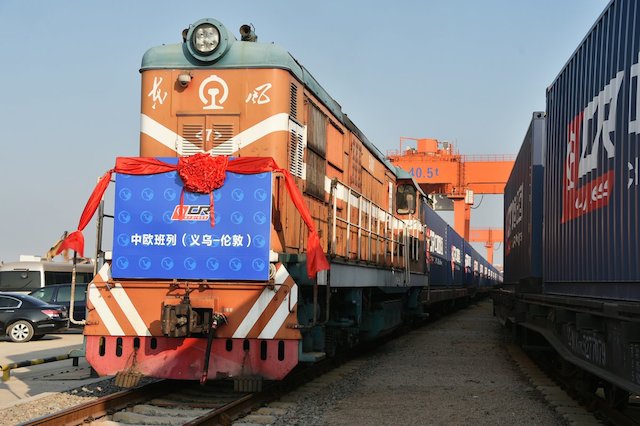The African Continental Free Trade Area (AfCFTA) agreement signed by South Africa in July 2018 in Nouakchott, Mauritania, has been ratified by the parliament.
The AfCFTA was launched during an extra-ordinary summit of African Union (AU) heads of state in March 2018 in Kigali, Rwanda.
Thus far, 49 countries have signed the Agreement and Kenya, Ghana, Rwanda, eSwatini, Chad, Niger, Sierra Leone, Uganda and Guinea Conakry have deposited their instruments of ratification.
But Nigeria is one of the few remaining countries that have withheld their signatures.
South African Trade and Industry Minister, Rob Davies, said the country was expected to deposit the instrument of ratification during the 32nd Ordinary Session of the Assembly of the AU in February 2019.
The Agreement will enter into force once twenty-two member states have deposited their instruments of ratification.
“AfCFTA, comprises of 55 African countries and, once entered into force, will constitute the largest free trade area globally.
READ ALSO: Buhari returns from Poland
As a flagship project of the African Union’s Agenda 2063, the AfCFTA aims to build an integrated market in Africa that will see a market of over one billion people with a combined GDP of approximately $3.3 trillion,” Davies said.
The United Nations Economic Commission for Africa estimates that the AfCFTA will increase intra-Africa trade from the current 10 percent to 16 percent, to approximately 52 percent by the year 2022.
Davies said that the AfCFT will create a single set of rules for trade and investment among all African countries and provides legal certainty for traders and investors through the harmonisation of trade regimes.
“In support of these objectives, the AfCFTA covers both goods and services under Phase I and will include investment, intellectual property and competition under Phase II of the negotiations,” Davies said.
“It also facilitates intra-Africa investment and increases the continent’s prospects of stimulating industrialisation, employment, income generation and poverty reduction.” (NAN)


